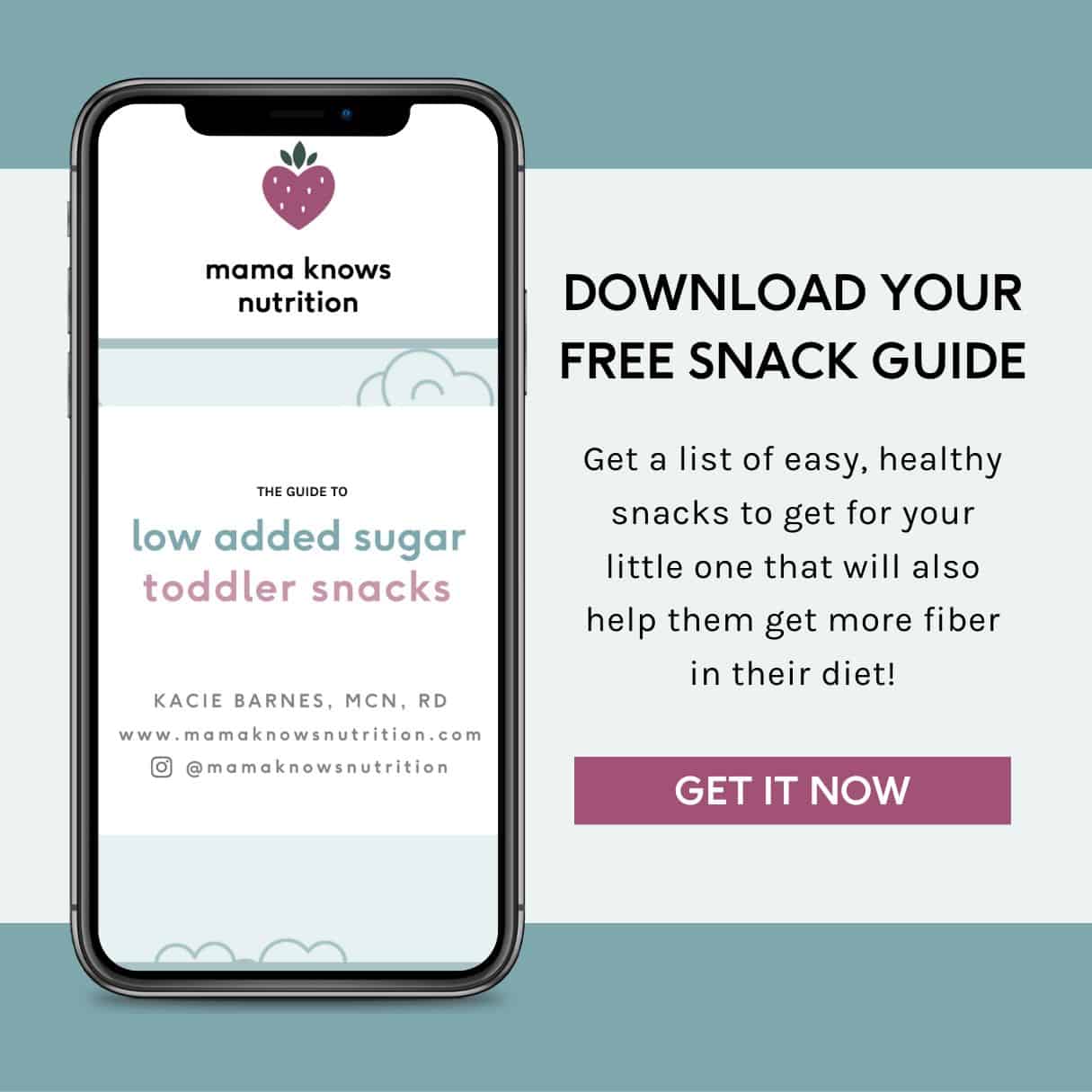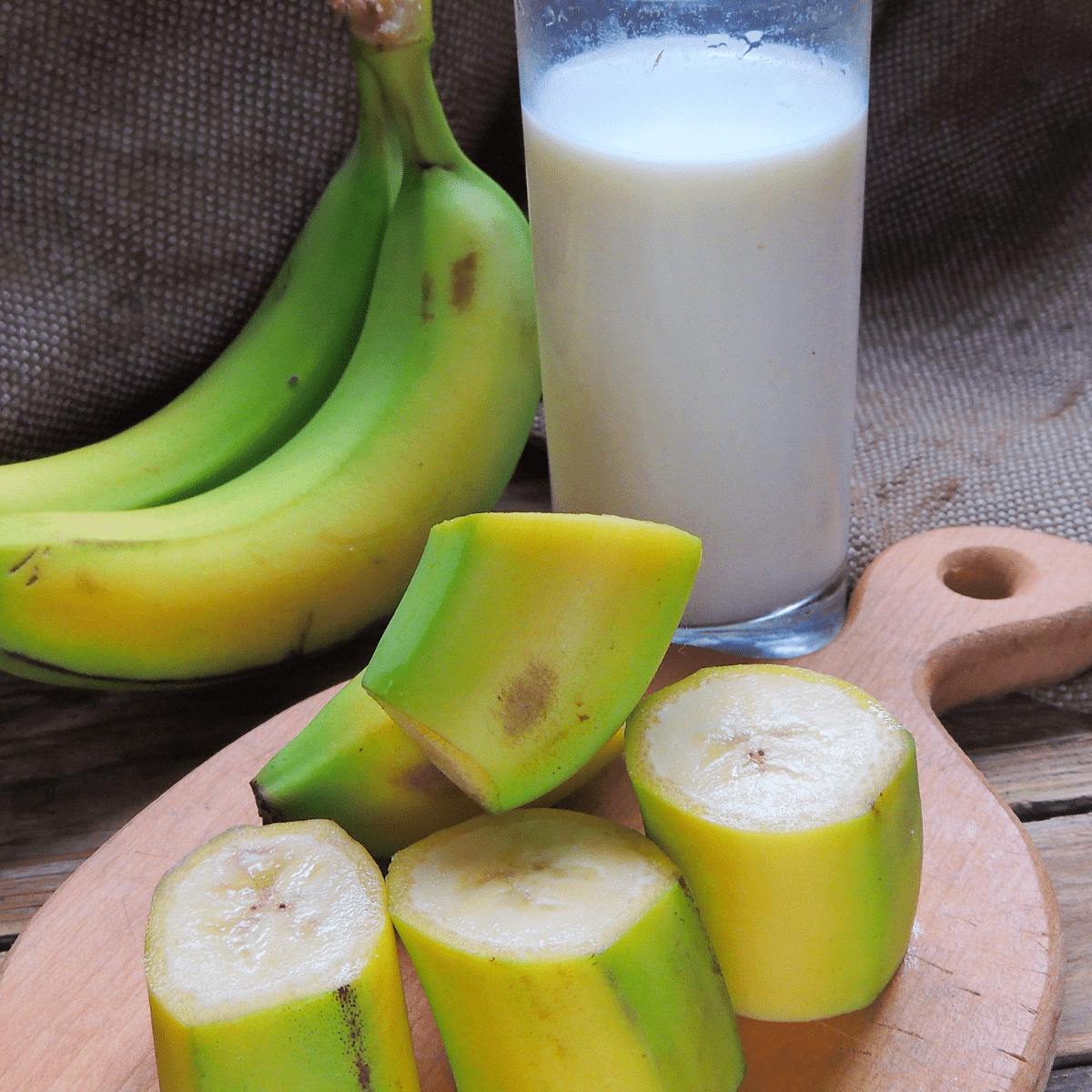Common Causes of Constipation In Toddlers & Kids: Part I of a 2-Part Series on Constipation
Feb 15, 2023, Updated Jun 11, 2024
This post contains affiliate links. Please see our disclosure policy.
Feeding toddlers is a 💩 show on a good day! The never sitting still, the throwing food, the picky eating…it’s already keeping us on our toes! But THEN, constipation strikes. And our mission—should we choose to accept it—becomes even more complicated. (Just kidding, we have no choice. We accepted this mission a long time ago! 😅)
In this blog post, we talk about poo. Actually, the lack of poo. And the reasons why sometimes, our kids can poo with vigor and an impressive lack of insecurity (“Mamaaa!! Wipe!!”) and other times, it’s the hardest thing in the world. (Pun very much intended.)
Because you and I? We’re parent friends. And we wouldn’t be real parent friends if we didn’t sit around talking about our kids and their poo.

Table of Contents
Constipation: What Counts & What Doesn’t
Wondering when an upset stomach or an off day crosses the line and becomes constipation? Let’s start by getting on the same page.
Constipation in toddlers can mean:
- Fewer poops than usual
- No poop at all
- Hard poo or poo that’s difficult to pass
Sometimes, constipation is defined as less than three bowel movements per week, but it’s pretty hard to put a specific number on it because every child is a bit different in terms of what is “normal.”
Other signs of constipation in toddlers are stomach pain (meaning them complaining of stomach pain), straining, a firm abdomen, your child not wanting to go to the bathroom because it hurts, and, oddly, diarrhea and loose stool (because stool can be backed up in the rectum which results in diarrhea).
If your child hasn’t been truly constipated before, chances are they will be at some point, because it is pretty common. That said, there are ways you can support their gut and gastrointestinal (GI) tract. This can help them both avoid constipation altogether and lessen the severity if and when they do get backed up. (We talk about those in Part II of our series on constipation in toddlers and kids.)
But before you get to treating your child’s constipation (or preventing it), it’s really helpful to understand the causes of constipation. And how kids wind up constipated in the first place! In other words, once you know the why, you’ll be able to tackle the how. So let’s get into the why!
8 Causes of Constipation In Toddlers & Kids
#1 Not Enough Water
I know water isn’t the most exciting drink option for little ones, but it is really important to get it into them each day. Because dehydration, and even just not drinking enough water, is one of the major causes of constipation!
Water promotes intestinal mobility, and kids’ gastrointestinal tracts rely on it to function optimally. When your toddler drinks enough water, their intestinal tract will able to soften the solid food they eat. This softening process is what produces easily passable stools. If they’re not drinking enough water, your toddler’s bowel movements will likely be dense and hard to pass. This can result in a backup and it can even cause them pain when they try to go.

Daily Water Requirements for Toddlers & Kids
The American Academy of Pediatrics recommends:
- Toddlers (1-3 Years Old): 3-4 Cups per Day
- Kids (4-8 Years Old): 5 Cups per Day
Try to serve water at every meal and snack, and have it readily available for your child throughout the day, even if they just take little sips at a time. Even if your child is already constipated, a sip every now and then will help!
These requirements are just for WATER, not their total hydration. They will also get additional hydration from other foods throughout the day.
I know these kinds of things can be hard to remember. An easier way to keep track is to give them at least 1 cup (8 oz) per year of age, up through age 8.
#2 Not Enough Fiber
Another very common reason that kids and toddlers get constipated is a lack of fiber in their diet. Fiber is essential because it promotes bowel regularity and helps our kids’ bodies produce easily passable stool.
There are two types of fiber: soluble and insoluble.
Soluble fiber is digestible and it has lots of positive effects on our kids’ health like adding bulk to stool, helping to regulate blood sugar, and supporting the GI tract. It’s found in foods like apples, beans, and oats.
Insoluble fiber is not digestible, but it’s still extremely important in preventing constipation! Because as it makes its way through the GI tract, it speeds up and promotes movement in the bowels, which helps prevent things from backing up. Insoluble fiber is found in foods like wheat, fruits, and vegetables.
When you hear “not digestible” that doesn’t mean that it’s bad in any way. It’s helpful in digestion even though the body does not fully break it down.
Many toddlers and kids don’t get enough fiber in their diets regularly, which can affect their GI tract functioning and slow down everything that goes on in their gut. And all of that can contribute to constipation.
Daily Fiber Requirements for Toddlers & Kids
- Toddlers (1-3 Years Old): 19 Grams/Day
- Kids (4-8 Years Old): 25 Grams/Day
For context, a pouch of applesauce has about 3 grams of fiber, an apple with skin has about 5 grams, and ¼ cup of chickpeas has about 9 grams.

#3 Not Enough Activity
Getting them moving keeps things moving. Physical activity helps our kids’ gut muscles to contract which gets food moving through the GI tract, which results in more regular bowel movements. On the other hand, when kids are too sedentary, the gut doesn’t get stimulated as much, which contributes to constipation.
Activity Recommendations for Toddlers & Kids
The CDC recommends that kids between ages 3 and 5 have an active lifestyle in general. There’s no set or minimum number of minutes, so just strive for a good balance of sitting and moving.
For kids older than 5, the CDC recommends 60 minutes of moderate to vigorous activity per day. This doesn’t have to be a big bike ride or one whole hour of running. It can be as simple as a walk around the block once or twice a day (after a meal is a great time!) or swinging in the park after school. Play counts, too!

#4 Changes In Diet
Sudden changes in your child’s diet can cause constipation. That could be a change in their eating patterns or a change in the types of foods they eat. It’s common for constipation to come on during or after an illness too, and it’s usually because sick kiddos don’t tend to eat as much and often lack their usual variety.
If your child has recently had a change in their diet and now they’re constipated, things should go back to normal shortly. Their bodies just need time to adjust!
#5 Specific Foods
Certain foods have more constipating agents in them than others. No one food will be solely to blame, and I don’t want you to avoid the potential constipation causers in general. But if your child struggles with constipation regularly, you might want to avoid the worst offenders.
Foods That Can Cause Constipation
(In no particular order)
Bananas
Bananas, especially green ones, have high levels of resistant starch which can contribute to constipation. Very ripe bananas are not found to have the same effect.
Dairy
Dairy gets a bad rap constipation-wise, but it’s not generally a problem for most people. That said, if your little one consumes a lot of dairy, they can end up with more methane gas in their GI tract than what’s typical, which can slow things down and cause constipation. Lactose intolerance can also cause constipation, but if your child gets constipated from dairy, that doesn’t necessarily mean they’re lactose intolerant.
Fried Foods
High fat plus low fiber is a combo that can lead to constipation IF fried foods are a big part of your child’s diet. (It’s okay if your little one eats fried food once in a while!)
Certain Processed Snacks
Hear me when I say that there is nothing nutritionally wrong with the more processed snacks that most kids love, like Goldfish, Annie’s crackers, and the like. They’re not SUPER nutritious like a smoothie would be, but they’re not bad either. (I give them about a 3/10 for nutrients.) They just lack the whole grains that other snacks sometimes have, which means kids don’t get much fiber when they eat them, and low fiber intake can contribute to constipation. If your child is struggling with constipation and these foods are part of their daily diet, it might be worth seeing if removing or reducing them makes a difference.
Read more about Foods to Help With Constipation in Toddlers

#6 Potty Training
It’s common for kids to experience bouts of constipation when they start potty training. Learning to have bowel movements in the toilet can be very scary and uncomfortable for kids. Feeling uncomfortable sometimes leads them to hold in their bowel movements, and holding it in can contribute to constipation.
If you’re potty training right now, give your little one lots of opportunities to go, and make sure that other caregivers (family members, school, and daycare) do the same. Talk to their doctor if their constipation is getting in the way of potty training.

#7 Medications, Vitamins, & Underlying Conditions
Certain medicines and vitamins can cause constipation as a side effect. If your child is on medication and gets constipated often, talk with their doctor about it! They might be able to make recommendations.
If your child is often constipated, it’s a good idea to talk to their doctor anyway—even if they’re not on medications. Their doctor can help rule out any underlying conditions that could be causing their constipation or negatively affecting their gut. Especially if you’ve already tried making changes to their diet or addressing the other potential causes I’ve explained here and you still haven’t seen a change.
#8 Vacation
This usually is a result of several things combined. First, their eating typically changes on vacation, and we saw in #4 that changes in diet can lead to constipation. I personally notice that it’s much harder to keep up my kids’ fiber intake when we’re eating out at restaurants, since most kids meals offer french fries as the closest thing to a veggie serving.
Second, travel days throw you off routine. A long day in the car probably means your kids aren’t getting much physical activity and movement that day. Plane trips are the same. On top of that, long flights can be dehydrating.
Where To Go From Here
Now that you know some of the common causes of constipation, you’ll be better able to identify what’s going on for your child. Some kids need medical help treating ongoing constipation, so it’s never a bad idea to talk to your child’s doctor. But for everyone else, simple swaps you make to their diet and lifestyle can make a huge difference!
Your Next Steps:
- Read Part II of our Constipation Series: Prebiotics vs Probiotics
- Listen to my podcast episode on Foods That Help Kids Poop
- Read these blog posts:
Remember, most kids get constipated from time to time! So try not to stress too much. Even a few simple changes can go a long way. However – chronic constipation should be discussed with a doctor! Food and lifestyle changes will not always be enough to solve the problem.












